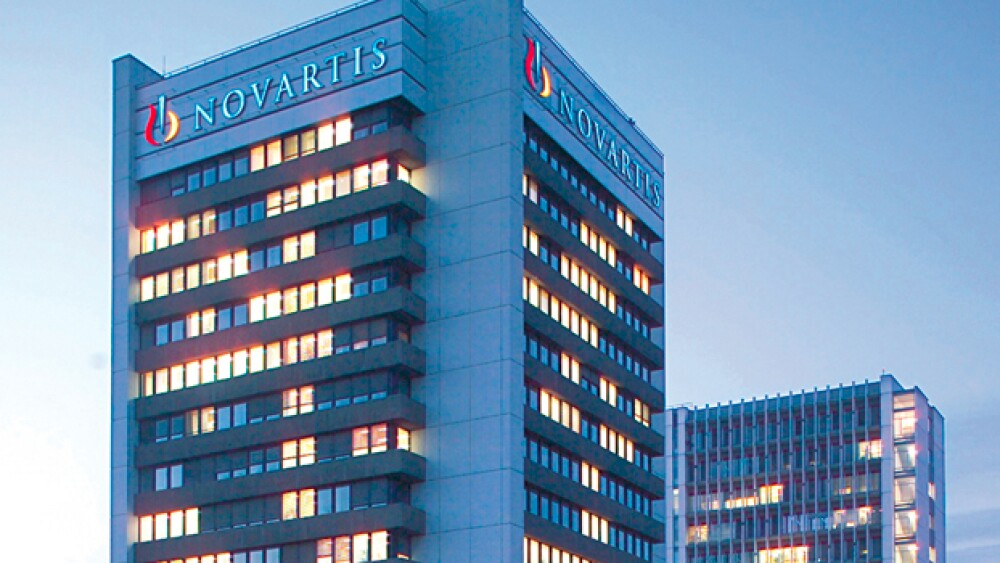A Novartis drug approved as a second-line treatment for a blood disorder snagged the FDA’s Breakthrough Therapy Designation as a first-line defense.
A Novartis drug approved as a second-line treatment for a blood disorder snagged the U.S. Food and Drug Administration’s Breakthrough Therapy Designation as a first-line defense.
In a statement issued today, Novartis said the FDA granted the designation to Promacta (Eltrombopag) in combination with standard immunosuppressive therapy for the treatment of patients with severe aplastic anemia (SAA). Promacta is already approved as a second-line therapy in the refractory setting in SAA.
Severe aplastic anemia is a rare and life-threatening blood disorder that occurs when a person’s bone marrow fails to produce enough red blood cells, white blood cells and platelets. People diagnosed with SAA can experience debilitating symptoms that include fatigue and difficulty breathing. With the lack of blood cells and platelets, patients can also have recurring infections as well as abnormal bruising and bleeding. Up to one-third of patients do not respond to current therapies or relapse, causing symptoms to return, Novartis said. According to the Mayo Institute, aplastic anemia may occur suddenly, or it can occur slowly and get worse over a long period of time.
Promacta is a once-daily oral thrombopoietin (TPO) receptor agonist that works by inducing stimulation and differentiation of megakaryocytes (large cells found in bone marrow) from bone marrow stem cells to increase platelet production.
Novartis said research conducted by the National Heart, Lung and Blood Institute (NHLBI) of the National Institutes of Health (NIH) showed that 52 percent of patients with treatment-naïve SAA achieved a complete response at six months when treated with Promacta at the initiation of and concurrently with standard immunosuppressive treatment. The overall response rate was 85 percent, Novartis said.
“Promacta is a promising medicine that, if approved for first-line use in severe aplastic anemia, may redefine the standard of care for patients with this rare and serious bone marrow condition,” Samit Hirawat, head of Novartis Oncology Global Drug Development, said in a statement. “We will continue to work closely with the FDA to make Promacta available to patients with SAA who are new to treatment as soon as possible.”
In addition to its approval as a second-line defense in refractory SAA, Promacta is also approved for adults and children with chronic immune thrombocytopenia (ITP). It is also approved in more than 50 countries (marketed as Revolade) for the treatment of thrombocytopenia in patients with chronic hepatitis C to allow them to initiate and maintain interferon-based therapy.
This is the second Breakthrough Therapy Designation Novartis scored this week. On Wednesday, the company announced the FDA awarded the designation to its breast cancer drug Kisqali. The new designation was awarded for initial endocrine-based treatment of premenopausal women with hormone-receptor positive, human epidermal growth factor receptor-2 negative (HR+/HER2-) advanced or metastatic breast cancer in combination with tamoxifen or an aromatase inhibitor.
Shares of Novartis are up slightly this morning trading at $85.44 as of 11:01 a.m.





